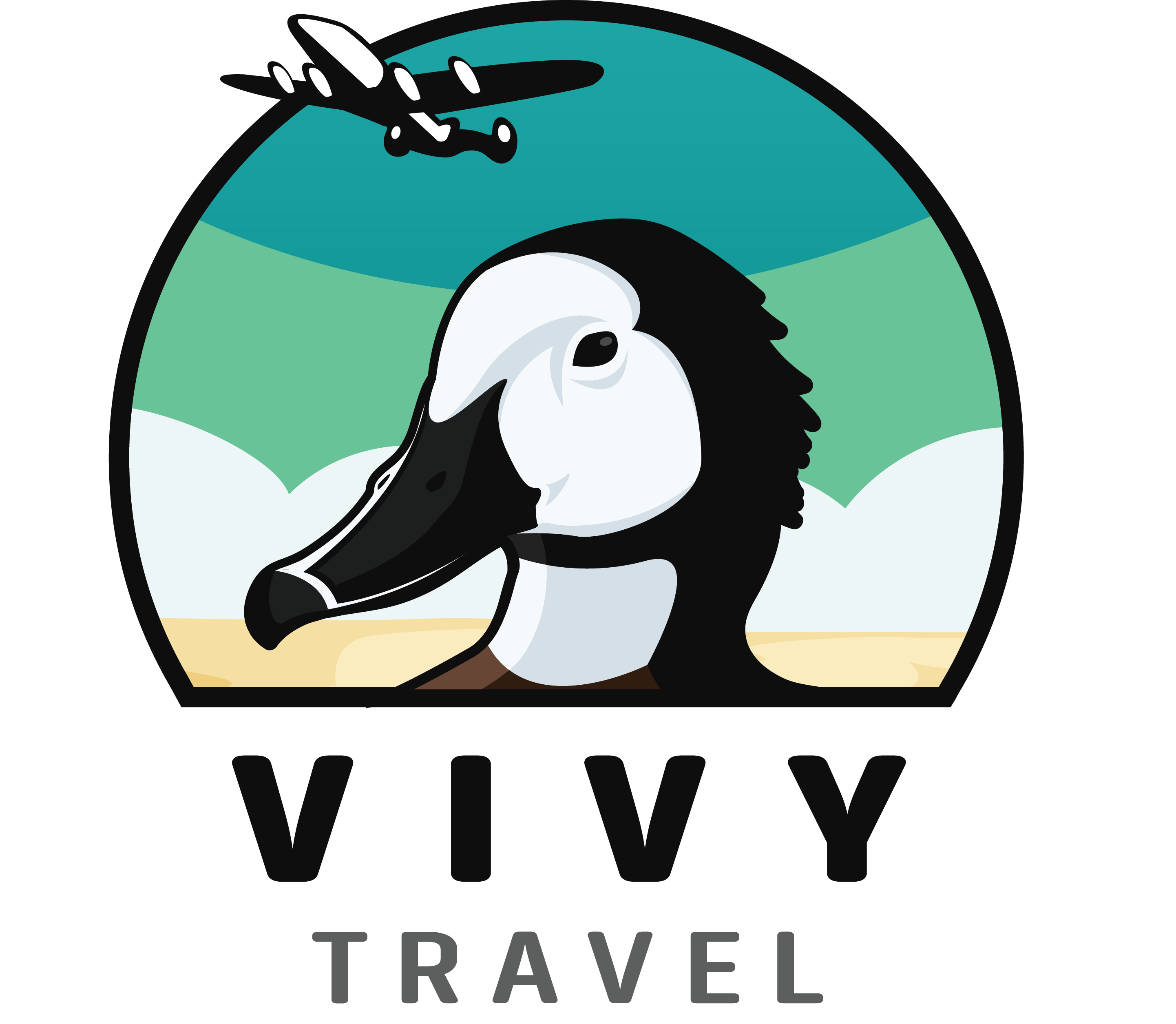Frequently Asked Questions About Madagascar
Some information that may help you
What documents do I need to travel to Madagascar?
For foreign nationals, a valid passport is required. Some countries may also require a visa; check specific requirements according to your nationality.
What is the best time to visit Madagascar?
The dry season, from April to October, is generally considered the best time to visit Madagascar due to milder weather and less muddy roads.
Is it safe to travel to Madagascar?
Madagascar is generally safe for travelers, but it’s recommended to remain vigilant, especially in urban areas, and take normal safety precautions such as safeguarding your valuables and avoiding poorly lit areas at night.
What languages are spoken in Madagascar?
Malagasy and French are the official languages. In tourist areas, you’ll often find people speaking English as well.
What vaccines are recommended for traveling to Madagascar?
Recommended vaccines include those against yellow fever, hepatitis A and B, typhoid, measles, mumps, and rubella (MMR), and rabies, depending on your doctor’s recommendations and vaccination history.
What transportation options are available in Madagascar?
Transportation options include taxi-brousses (minibusses), taxis, rental cars, domestic flights, and pirogues (canoes) in certain coastal regions.
Is it safe to drink tap water in Madagascar?
It’s best to drink bottled water to avoid gastrointestinal issues. Ensure that bottles are properly sealed.
What are the most popular tourist sites in Madagascar?
Among the most famous attractions are Isalo National Park, Avenue of the Baobabs, Ranomafana National Park, Nosy Be Island, Andasibe-Mantadia National Park (for lemur sightings), and of course, nature reserves to observe Madagascar’s unique wildlife and flora.
Should I bring mosquito protection?
Yes, it’s highly recommended to bring mosquito repellent and long-sleeved clothing to protect against diseases such as malaria.
What is the currency used in Madagascar?
The official currency is the Malagasy Ariary (MGA). Make sure to exchange your money at official exchange bureaus for a fair exchange rate.
Is it safe to eat street food in Madagascar?
Street food can be delicious, but make sure to choose vendors who appear to have good hygiene and whose food is freshly prepared. Use your judgment and avoid foods that seem to have been exposed for long periods.
What is the healthcare situation in Madagascar?
Healthcare varies by region, but in major cities, there are hospitals and clinics that offer basic services. It’s recommended to have travel insurance that covers medical expenses abroad.
How can I protect myself against theft and loss of important documents?
Make copies of your important documents such as your passport, visa, airline tickets, etc., and keep them in a separate safe place from the originals. You may also consider using a money belt to keep your valuables close to you.
Can I use my credit card in Madagascar?
Credit cards are accepted in major hotels, restaurants, and shops in major cities, but they may not be widely accepted in rural areas. It’s recommended to have cash for purchases in more remote areas.
Is it common to negotiate prices in Madagascar?
Yes, price negotiation is common in markets and small shops. However, be respectful and negotiate fairly.
What activities can I do in Madagascar besides popular tourist sites?
You can explore local markets, take boat excursions for snorkeling or scuba diving, visit traditional villages to experience authentic Malagasy culture, or go hiking in mountainous regions.
Are there any areas to avoid in Madagascar due to security issues?
Some urban areas may be more prone to crime, so it’s recommended to inquire locally about places to avoid. Generally, rural areas are considered safer.
How can I travel between the islands of Madagascar?
You can take domestic flights to move between major islands such as Nosy Be, Nosy Boraha (Sainte-Marie), and others, or use ferries for shorter trips between neighboring islands.
Are there any important local customs or traditions to respect?
It’s important to show respect for Malagasy culture by greeting elders, avoiding wearing revealing clothing in rural areas, and asking permission before taking photos of people. We also recommend that you always ask your guide, as taboos vary from region to region in Madagascar.
How can I contribute to environmental preservation during my trip to Madagascar?
You can support local conservation initiatives by choosing eco-friendly tour operators, avoiding purchasing products made from threatened resources, and reducing your water and energy footprint during your stay.
This page is issued for you to respond general questions and get general understanding on how to travel in Madagascar through Vivy Travel, but might not give details about your tour. For other questions please contact us.



